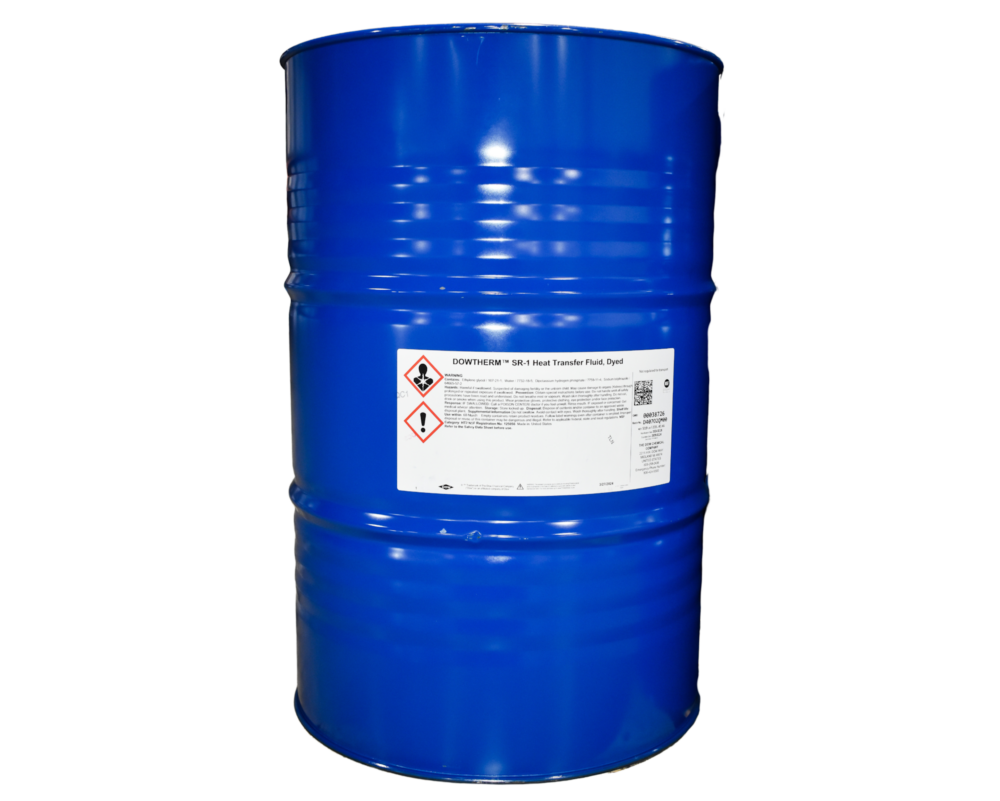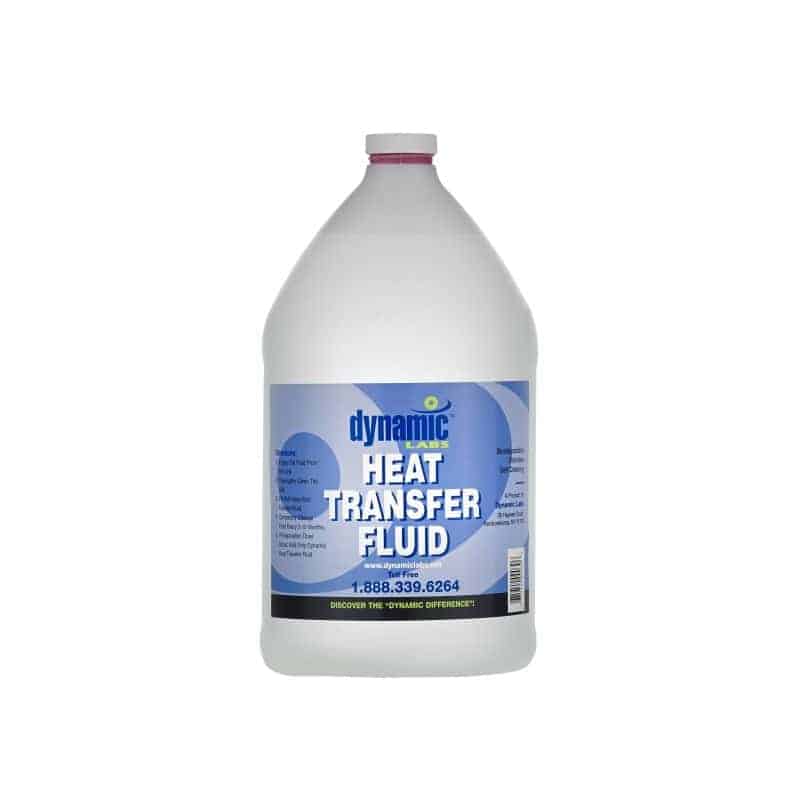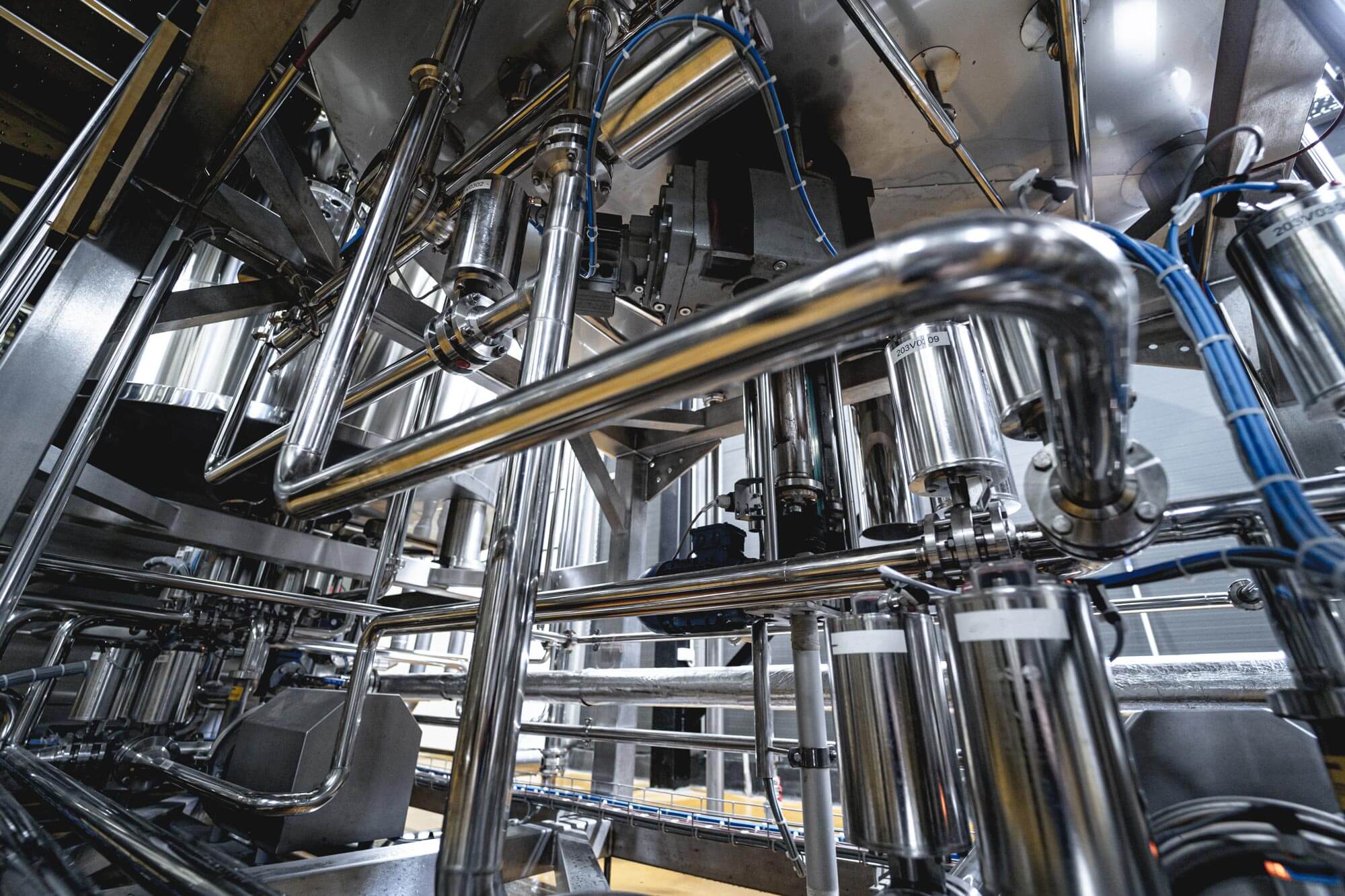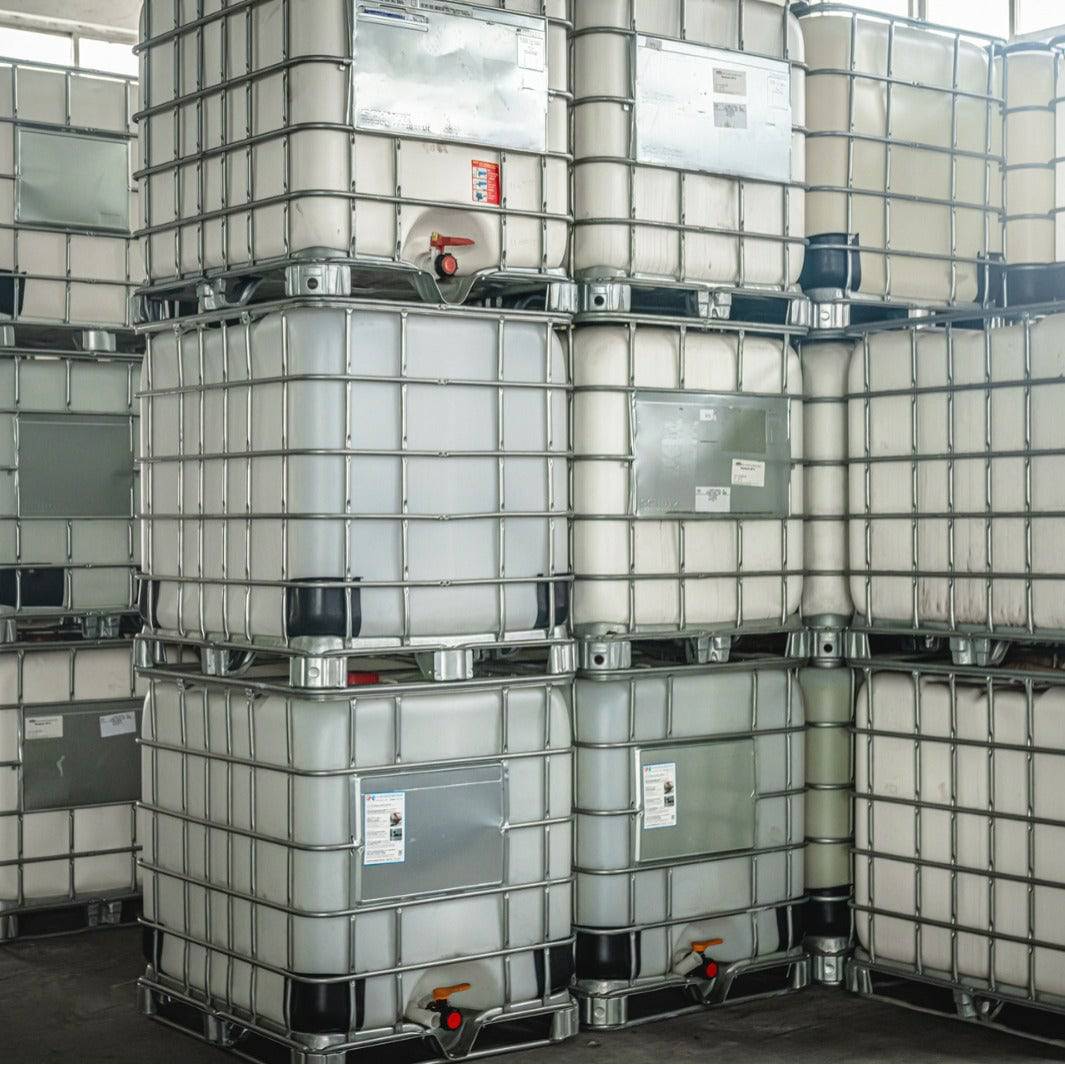Recognizing the Duty of Heat Transfer Fluid in Efficient Energy Systems
Recognizing the Duty of Heat Transfer Fluid in Efficient Energy Systems
Blog Article
Why Heat Transfer Liquid Is Very Important for Optimizing Power Transfer in Systems
The duty of warm transfer liquids in enhancing power transfer is critical for accomplishing reliable thermal management across numerous commercial fields. These liquids assist in seamless warmth exchange, guaranteeing processes run within ideal temperature level varieties and mitigating the danger of getting too hot. Their option, based on factors like viscosity and thermal stability, directly influences the efficiency and sustainability of a system. The complexities of selecting the best fluid are typically undervalued. What are the important considerations for this option, and just how do they affect both economic performance and environmental duty in commercial applications?

Duty in Thermal Management
Warm transfer liquids play a crucial role in thermal administration by successfully managing temperature levels in various industrial procedures and systems. These specialized fluids assist in the transfer of warm between different components, making certain optimum operating problems and stopping overheating. By maintaining precise temperature level control, warmth transfer fluids enable industries such as chemical production, oil and gas, and power generation to operate safely and successfully.
The option of a proper warm transfer liquid depends upon several factors, consisting of thermal security, heat ability, and thickness. High thermal stability guarantees that the liquid can stand up to extreme temperature levels without breaking down, while a high warm capacity permits it to soak up and launch considerable quantities of warmth - heat transfer fluid. Low viscosity lowers the energy needed for pumping, adding to general system efficiency
In addition, warm transfer fluids are indispensable in applications like refrigeration, where they assist absorb and dissipate warmth during the cooling cycle. In solar thermal energy systems, these fluids capture and transportation solar heat to produce electricity or give warm water. Their versatility to diverse operating conditions and capability to maintain constant thermal efficiency highlight their relevance in industrial thermal administration, facilitating operational connection and enhancing security actions.

Enhancing System Effectiveness
To take full advantage of the advantages of thermal management, improving system performance via the strategic usage of heat transfer fluids is critical. By keeping ideal temperature level degrees, heat transfer liquids aid guarantee that systems operate within their created criteria, thus stopping overheating and reducing the danger of part failing.

Types of Heat Transfer Fluids
The diversity of warm transfer liquids highlights their crucial role in a variety of commercial applications, each tailored to satisfy specific thermal monitoring demands. These liquids help with reliable power transfer and best site are picked based on vital homes such as thermal stability, viscosity, and warmth ability. The main types include water, glycol solutions, oils, and synthetics, each offering distinctive advantages.
Water is the most usual warm transfer medium due to its high details warm capacity and reduced cost. Mineral oils are preferred for their thermal stability and non-corrosive nature, making them ideal for high-temperature applications.

These fluids guarantee exceptional performance in systems where standard liquids may fail. The selection of a heat transfer fluid is crucial, as it influences system effectiveness, safety and security, and long life.
Environmental and Economic Conveniences
Using the appropriate heat transfer liquids uses substantial environmental and economic benefits for industrial procedures. Eco pleasant heat transfer liquids, typically biodegradable and safe, lessen the risk of dirt and water contamination in the occasion of leaks or spills, therefore protecting ecological communities and abiding with strict ecological policies.
Financially, the right warm transfer liquid can substantially reduce functional prices. Efficient warm transfer reduces energy expense, resulting in reduced energy bills and improved productivity. Liquids with extended lifecycle performance reduce the regularity of substitutes and maintenance, minimizing downtime and linked prices. Buying visit this web-site top notch liquids can also reduce the danger of devices deterioration and failure, avoiding expensive fixings and extending the lifespan of vital framework. In affordable markets, these savings and efficiencies offer a distinctive benefit, permitting firms to assign sources more efficiently and purchase more innovation. Overall, the tactical usage of ideal warmth transfer liquids sustains lasting financial development and ecological stewardship.
Choosing the Right Liquid
Just how does one navigate the complicated procedure of picking the best warm transfer liquid for industrial applications? Thermal stability makes sure the liquid can endure high temperature levels without weakening, while compatibility avoids rust or various other detrimental reactions with system elements.
Furthermore, the fluid's heat capacity and thickness are extremely important. A high warmth ability permits the liquid to take in and transfer more energy, boosting performance.
Verdict
The tactical selection and application of warmth transfer fluids are fundamental to maximizing power transfer throughout different systems. By making certain high thermal stability and ability, these fluids offer accurate temperature control and boost general system effectiveness.
Report this page